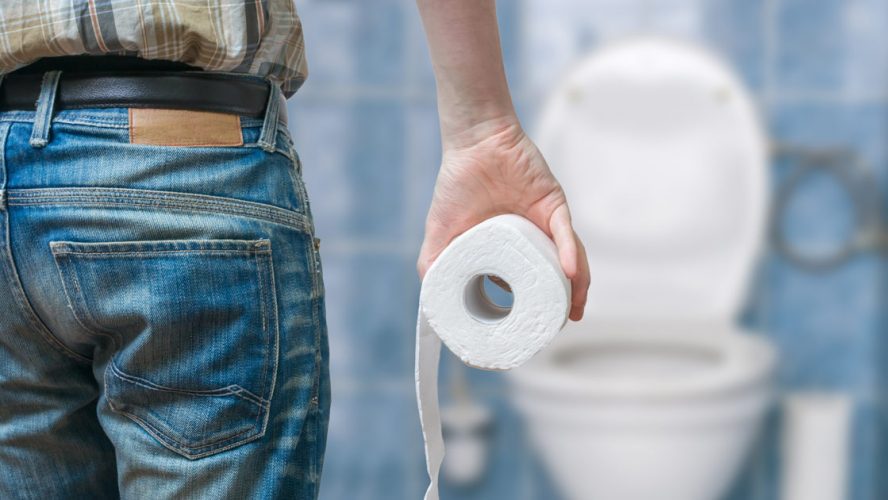
Dr Andrew Davies
Consultant in Palliative Medicine
Palliative care patients on opioid pain relief are suffering from constipation as a side effect – but a new solution is available.
Pain relief has constipation as a side effect
For patients receiving palliative care towards the end of life, opioid drugs often bring blessed pain relief.
However, constipation is an almost universal side effect.
Opioid-induced constipation can be such a problem that people stop taking their pain-killers.
“In some cases the opioid-induced constipation (OIC) can be such a problem that people reduce or stop taking their pain-killers,” says palliative medicine consultant Dr Andrew Davies. Constipation affects up to up to 87% of patients taking opioids.
Prescribing laxatives is not a long-term solution
To tackle the problem laxatives are commonly prescribed alongside opioids but often do not work well. Davies says: “Patients on laxaties may not realise that they are constipated, because constipation means different things to different people.”
PAMORAs can tackle opiod-induced constipation
Changing opioids has little effect, and conventional laxatives are often relatively ineffective, but a new way to tackle the problem is available: peripherally-acting mu-opioid receptor antagonists (PAMORAs).
“These drugs counteract all the effects of opioids on the gut, and so can overcome the problem of opioid-induced constipation,” says Davies.
“Currently, only a small number of patients with OIC are receiving these drugs, and this is leading to unnecessary suffering in this group of patients,” says Davies. “We need to improve awareness of this condition and its treatment among both patients and healthcare professionals.”


